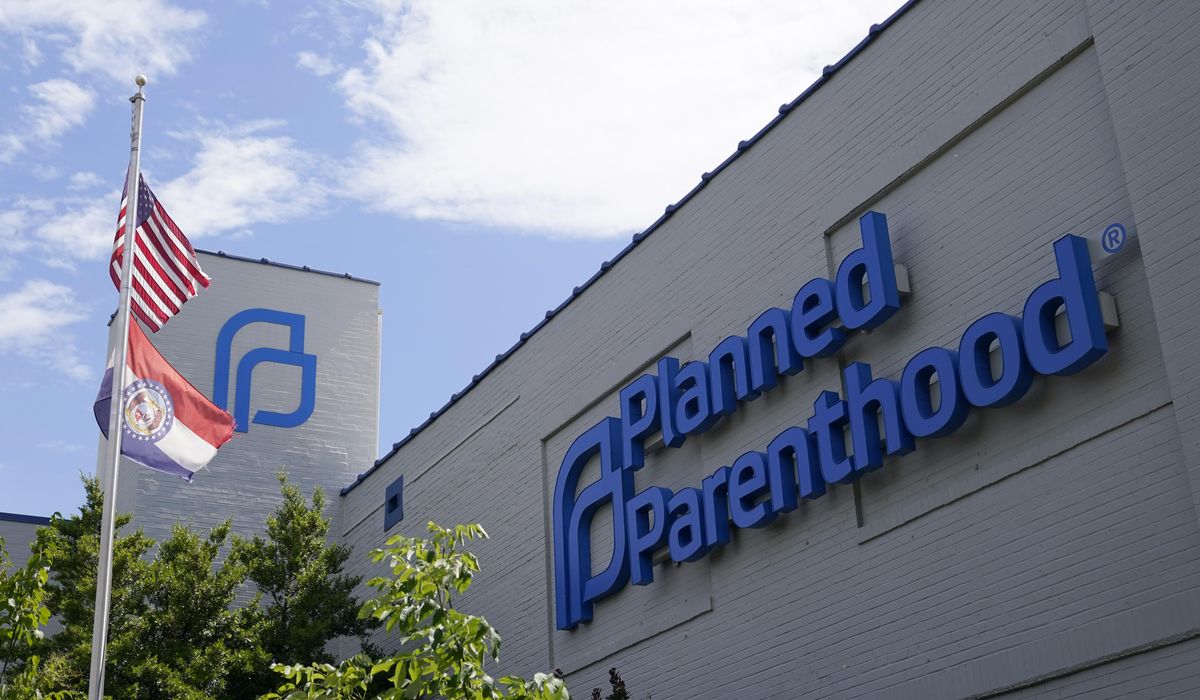


Pro-choice advocates often say the abortion pill is “safer than Tylenol,” but a newly released study disputes the claim, arguing that no such research exists and that comparing the two drugs is scientifically pointless.
The pro-life Charlotte Lozier Institute found that the statement is based on a comparison of death rates between commonly used drugs like acetaminophen, ibuprofen and penicillin, without taking into account whether the drugs were used as directed or controlling for other variables.
“For years now, the abortion lobby’s claim that abortion drugs are ’safer than Tylenol’ has dominated public discussion, propelled by the illusion of scientific consensus,” said Cameron Louttit, the institute’s Director of Life Sciences, who authored the peer-reviewed study published in the journal BioTech.
“However, no such support exists,” he said in a statement. “This baseless claim, repeated by medical societies, politicians, media pundits and researchers, has profoundly influenced public opinion and policy. But as this paper details, those spreading it lack the evidence they routinely claim.”
The “safer than Tylenol” claim is frequently cited by supporters of expanded abortion access, led by Planned Parenthood, which calls mifepristone “safer than many other medicines like penicillin, Tylenol, and Viagra.”
The Lozier study traced the comparison to a 2003 Chicago Tribune article about a mifepristone death that quoted Dr. David Grimes, who said that mifepristone’s death rate was about 1 in 100,000 and compared it to the death rate for penicillin at 2 in 100,000.
A year later, an editorial in the journal Contraception by the Association of Reproductive Health Professionals and the University of California San Francisco said that “mifepristone is safer than Viagra,” again citing death rates, and that “acetaminophen causes more deaths each year.”
“These comparisons patterned the majority of those deployed in the following two decades: using death counts or death rates from different studies, at different times, and in vastly different populations, they asserted a reductionist definition of safety and compared numbers that are entirely incomparable,” the Lozier paper said.
The problem with using death rates is that they fail to take into account a host of relevant factors, including the age, health and risk factors of those taking the drugs, as well as the dosages involved.
For example, a 2002 study on 308 cases of liver failure found that 120 of those were attributable to overdoses of acetaminophen, or Tylenol, and that 37% of the overdoses were intentional and 57% were accidental.
A larger 2006 study concluded that intentional overdoses of acetaminophen accounted for 55-74% of fatal cases, while 8-26% were the result of unintentional overdoses.
“Of note, the authors of the former study wrote that ’there is very little evidence of liver injury when acetaminophen is used according to package recommendations,’” said the Lozier study. “Comparing the labeled use of one drug with the misuse of another in a safety claim is disingenuous.”
The Food and Drug Administration tracked 32 abortion-pill deaths from 2000-2022, but research released in April by the Ethics and Public Policy Center concluded that adverse health events are 22 times higher than reflected on the drug’s FDA-approved label.
In addition, the reporting requirements on adverse health events from mifepristone have been watered down to the point that “even deaths resulting from mifepristone may be unknown,” according to the Lozier study.
Health and Human Services Secretary Robert F. Kennedy Jr. told a Senate panel earlier this month that he has ordered a “complete review” of mifepristone’s safety.
Defending the drug is the American College of Obstetricians and Gynecologists, which described mifepristone as a “safe, effective medication” in the face of a legal challenge last year by pro-life groups.
“Science has conclusively demonstrated that mifepristone is safe and effective, including when used as directed through telehealth,” said ACOG in an October statement.
The two-drug abortion-pill regimen of mifepristone and misoprostol accounted in 2023 for nearly two-thirds of U.S. elective pregnancy terminations, according to the pro-choice Guttmacher Institute.
• Valerie Richardson can be reached at vrichardson@washingtontimes.com.
